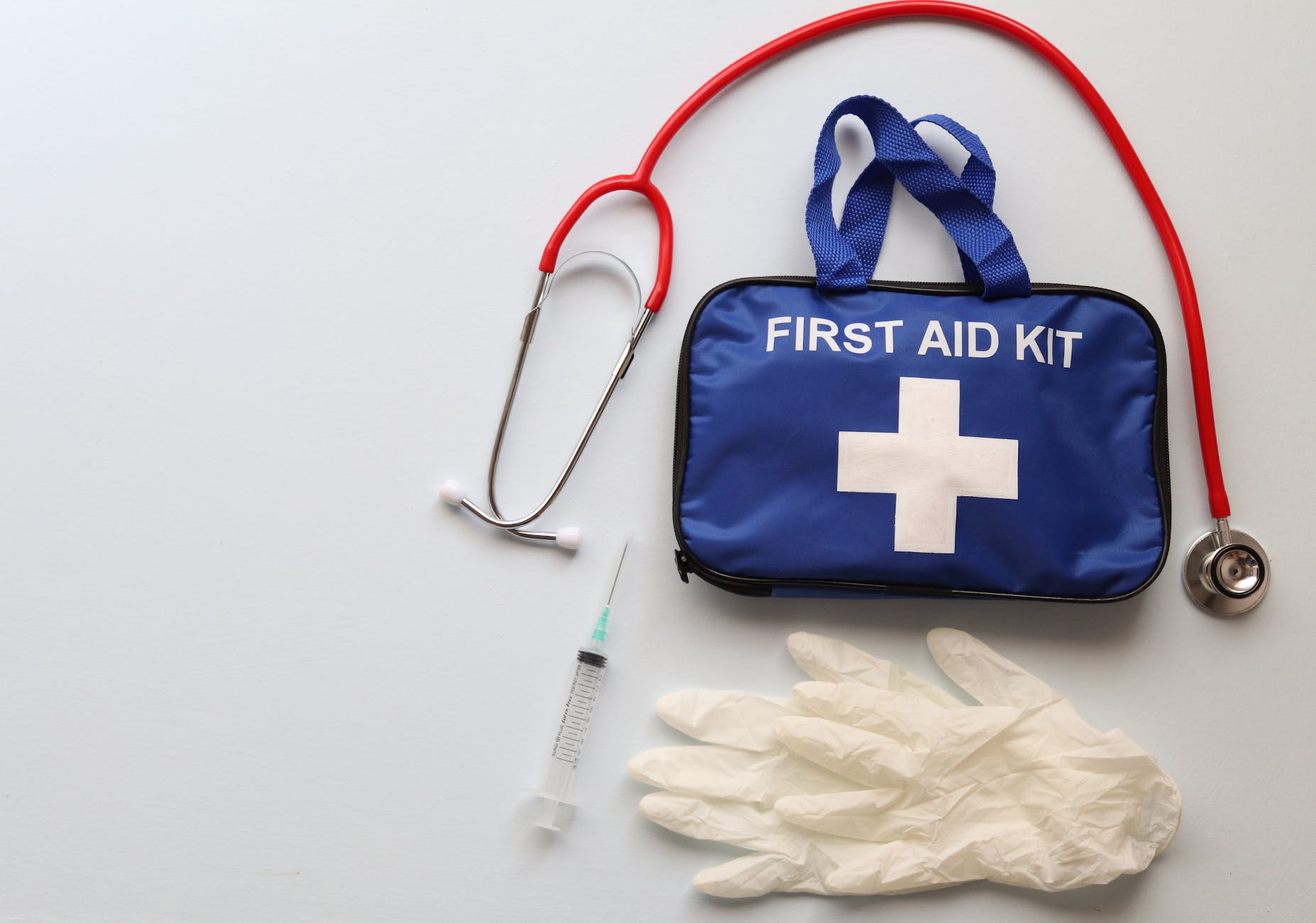First Aid: Its Importance and Life-Saving Role
First aid is the initial and immediate assistance or care provided to a person who has been injured or suddenly taken ill. It is a crucial skill that can make the difference between life and death, minimize the severity of injuries, and promote recovery. In this article, we will explore the importance of first aid and its life-saving role in various situations.
- Immediate Response: First aid is often the first form of medical assistance a person receives in an emergency. It provides immediate response while waiting for professional medical help to arrive. Quick action can prevent the deterioration of a person’s condition.
- Preserving Life: The primary goal of first aid is to preserve life. In situations like cardiac arrest, severe bleeding, choking, or drowning, prompt and correct first aid measures can be life-saving. Initiating CPR (Cardiopulmonary Resuscitation) in a timely manner, for instance, can maintain blood flow to vital organs until advanced medical care is available.
- Preventing Further Injury: First aid helps prevent injuries from worsening. For example, immobilizing a fractured limb or properly dressing a wound can prevent complications and further damage to tissues. This is especially important in the case of spine and head injuries.
- Pain Relief: Providing pain relief through techniques like applying cold packs or elevating an injured limb can greatly reduce suffering while awaiting professional medical assistance.
- Reducing Recovery Time: Properly administered first aid can speed up the recovery process. By controlling bleeding, minimizing infection risk, and stabilizing injuries, it helps create an environment conducive to healing.
- Enhancing Survival in Critical Situations: In situations like natural disasters, accidents, or mass casualties, the availability of individuals trained in first aid can significantly increase the survival rate. These trained individuals can triage patients, administer basic care, and support professional responders.
- Promoting Safety Awareness: Learning first aid fosters safety awareness and responsibility. People who have undergone first aid training are more likely to take precautions to prevent accidents and injuries.
- Emergency Preparedness: First aid skills are an essential part of emergency preparedness. Individuals and communities that are prepared for emergencies are better equipped to respond effectively to disasters and crises.
- Peace of Mind: Having the knowledge and skills to provide first aid can offer peace of mind. It allows individuals to feel more confident and capable in emergency situations, which can be invaluable in times of crisis.
- Supporting Public Health: Widespread knowledge of first aid contributes to public health by reducing the burden on healthcare systems. It helps prevent minor injuries from escalating into major medical issues, thus decreasing the demand for hospital resources.
First Aid in Various Settings
First aid is applicable in a wide range of settings, including:
1. Home: Basic first aid skills are essential for handling common household injuries, burns, cuts, and falls.
2. Workplace: Many workplaces require employees to have first aid training to ensure the safety of the workforce.
3. Schools: First aid training in schools equips teachers and staff to respond to injuries and illnesses among students.
4. Sports: In sporting events, first aid is vital for managing sports-related injuries, including sprains, strains, and fractures.
5. Community: Community-based first aid training can empower individuals to respond effectively to accidents and emergencies within their neighborhoods.
6. Natural Disasters: First aid is crucial in disaster-prone areas to address injuries and medical emergencies when professional help may be delayed.
7. Travel and Outdoors: When exploring remote or outdoor areas, knowledge of first aid can be essential in handling injuries and illnesses away from medical facilities.
In conclusion, first aid is a critical skill that plays a pivotal role in preserving life, preventing further harm, and promoting recovery in emergency situations. It empowers individuals to act swiftly and effectively when accidents, injuries, or sudden illnesses occur. Learning and practicing first aid is not just a valuable life skill; it is an act of community and personal responsibility that can make a profound difference in the well-being and survival of others.


good one coach saab 🙂